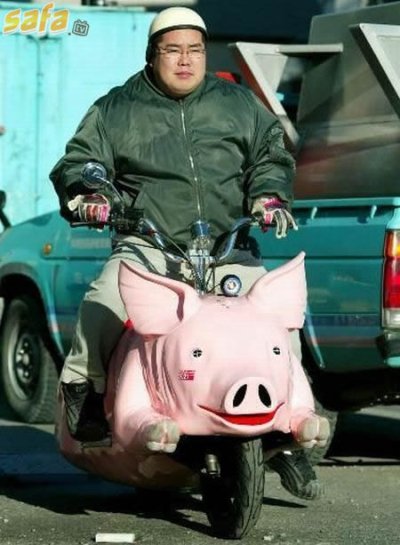ERD50
Give me a museum and I'll fill it. (Picasso) Give me a forum ...
The pie isn't actually shrinking. If you are in the top 20%, you are probably living better than you ever have. The share of the pie that the bottom 80% are getting has been shrinking, and the share of the pie that the bottom 50% is getting is falling off a cliff.
Some of that is an inevitable part of globalization, but some of it being caused by changes in the rules that favor the wealthy and powerful over the rest of the population.
Which rules are those?
Hopefully - we keep this train of thought FIRE-related, as in how those rules could affect the economy or our ER status, not just a rant (though I'd enjoy that
-ERD50

